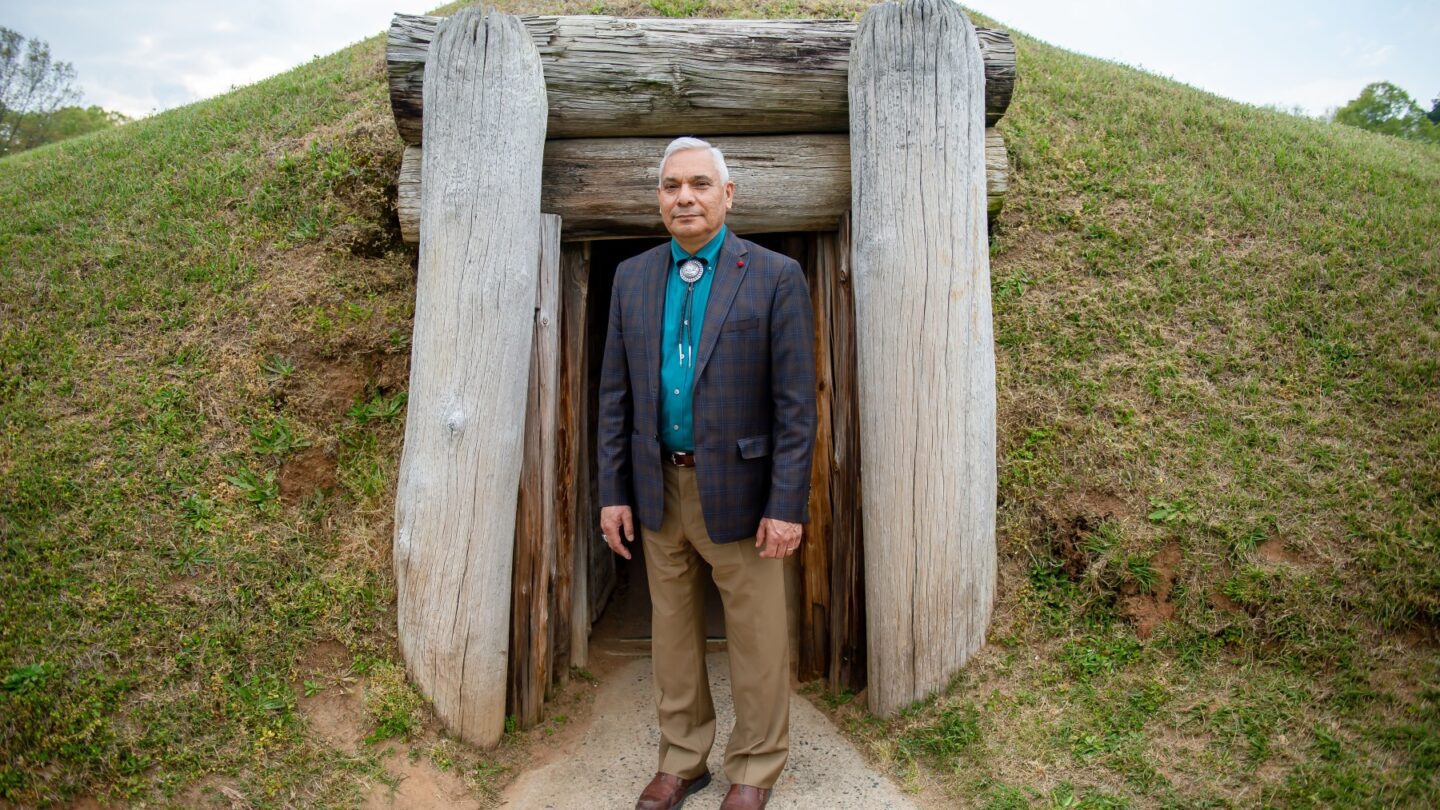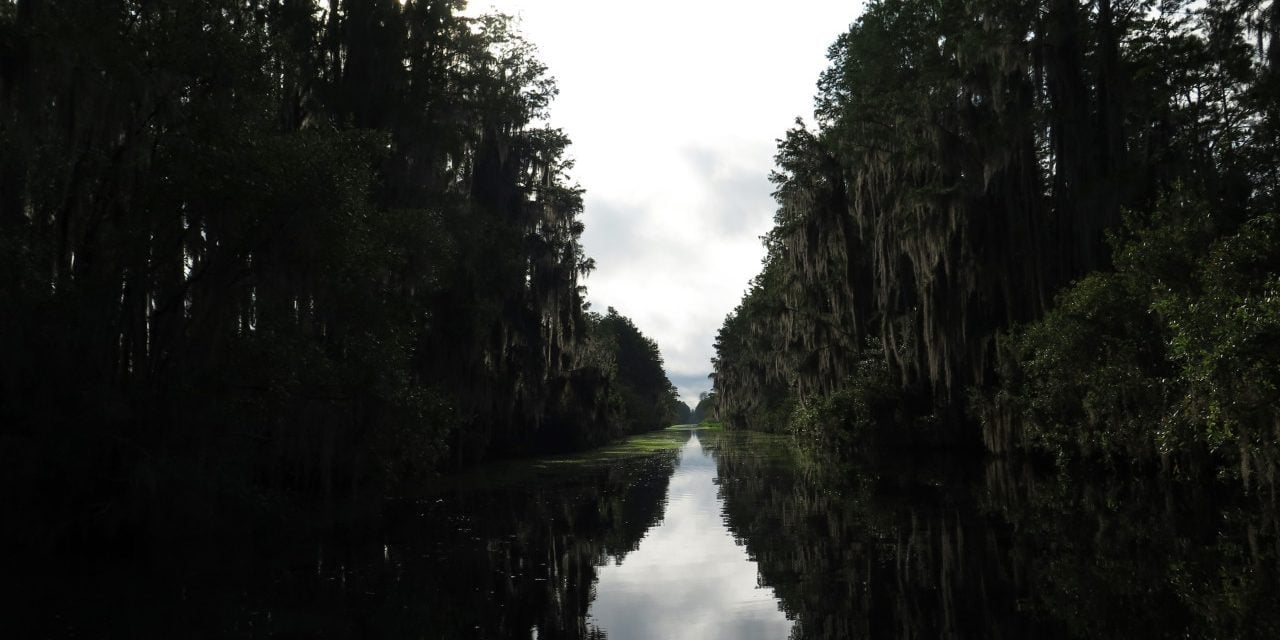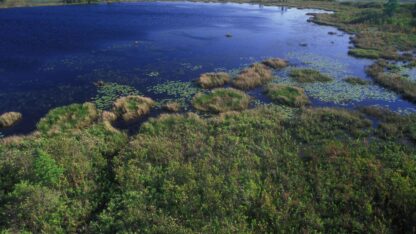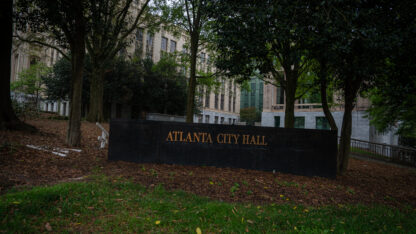A national historical park in central Georgia that is home to a prehistoric American Indian site is more than doubling in size thanks to a recent land acquisition.
A newly protected 951-acre (384-hectare) property is being added to the Ocmulgee Mounds National Historical Park, according to a National Park Service news release. The property is next to the park and within the city limits of Macon and was in danger of development before it was protected using Land and Water Conservation Fund and private funding, the release says.
The acquisition is made up of 906 acres (366 hectares) that will be immediately transferred to the National Park Service as an addition to the park, the release says. The Ocmulgee Land Trust will hold the other 45 acres (18 hectares) during wetlands restoration and then will donate them to the park service.
The property is located within the “Ocmulgee Old Fields,” which is also known as the Macon Reserve and is considered sacred to the Muskogean people. The Ocmulgee Old Fields-Macon Reserve is made up of land retained by the Muscogee (Creek) Nation from 1805 until the Treaty of Washington in 1826, which, along with other treaties, resulted in the removal of the Muskogean people to Oklahoma, the release says.
“This additional property includes some of our most important unprotected ancestral lands,” David Hill, principal chief of the Muscogee (Creek) Nation, said in the release. “The Muscogee (Creek) Nation have a long-standing history of preserving the Ocmulgee Old Fields-Macon Reserve. We have never forgotten where we came from and the lands around the Ocmulgee River will always and forever be our ancestral homeland, a place we consider sacred and a place with rich cultural history.”









